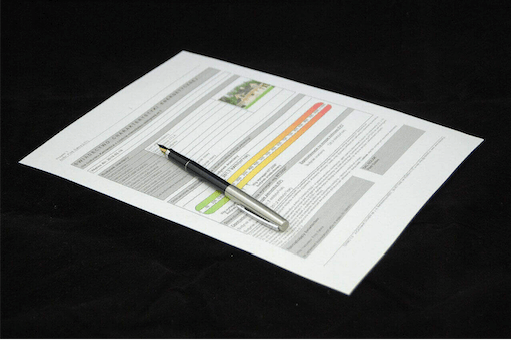When considering a loan, your credit score plays a pivotal role in determining your eligibility and the terms you may be offered. The relationship between credit scores and loan approvals is complex, with various factors influencing the decision-making process of lenders. In this article, Finger Finance will explore the significance of credit scores in obtaining a $2000 loan, understanding the range of credit scores and strategies to improve your creditworthiness.
How Do Credit Scores Work?
A credit score is a numerical representation of an individual’s creditworthiness, serving as a crucial factor for lenders when assessing the risk associated with extending a loan or credit. Credit scores typically range from 300 to 850, with higher scores indicating better creditworthiness. The breakdown of credit score ranges is commonly categorized as follows:
| Score: | Rating: |
| 300 – 579 | Poor |
| 580 – 669 | Fair |
| 670 – 739 | Good |
| 740 – 799 | Very Good |
| 800 – 850 | Excellent |
While these ranges provide a general guideline, it is essential to note that lenders may have their own criteria for evaluating credit scores. Additionally, the specific credit scoring model used (for instance FICO or VantageScore) can impact the numerical values assigned to your creditworthiness.
What Credit Score Do I Need To Qualify For A $2000 Loan?
The credit score required to secure a $2000 loan can vary depending on the type of loan, the lender’s policies and the borrower’s overall financial profile. For a loan of this magnitude, lenders may be more flexible than for larger loans, but your credit score still plays a crucial role. See below for a breakdown of how different credit score ranges may impact your ability to secure a $2000 loan:
Excellent Credit (800 – 850): Individuals with excellent credit are likely to qualify for a $2000 loan easily. Lenders view those with excellent credit as low-risk borrowers, and they may offer favorable terms such as lower interest rates.
Very Good Credit (740 – 799): Borrowers with very good credit scores also stand a strong chance of securing a $2000 loan. While the terms may not be as favorable as those with excellent credit, they can still expect reasonable interest rates and favorable terms.
Good Credit (670 – 739): A credit score in the good range may still qualify you for a $2000 loan, but lenders might scrutinize other aspects of your financial profile more closely. Interest rates may be slightly higher, but approval is still likely.
Fair Credit (580 – 669): Individuals with fair credit scores may encounter challenges securing a $2000 loan from traditional lenders. In such cases, alternative lenders or financial institutions specializing in subprime lending may be more lenient but may charge higher interest rates.
Poor Credit (300 – 579): Borrowers with poor credit face significant challenges in obtaining a $2000 loan from traditional lenders. Options may be limited, and interest rates could be considerably higher. Exploring alternative lending options or seeking help from a financial advisor may be advisable for those with poor credit.

What Are Some Strategies For Improving My Credit Score?
If your credit rating is below the desired range for favorable loan terms, there are proactive steps you can take to improve your credit score. This includes:
Checking Your Credit Report
Obtain a copy of your credit report and review it for inaccuracies. Dispute any errors you find to ensure your credit report accurately reflects your financial history.
Making Timely Payments
Consistently making on-time payments is one of the most effective ways to improve your credit score. Set up automatic payments or reminders to avoid missing due dates.
Reducing Credit Card Balances
High credit card balances relative to your credit limit can negatively impact your credit score. Pay down outstanding balances to improve your credit utilization ratio.
Avoiding Opening Multiple New Accounts
Opening multiple new credit accounts within a short period can lower your average account age and impact your credit score negatively. Be strategic about new credit applications.
Diversifying Your Credit Mix
A diverse mix of credit types, including credit card options, installment loans and retail accounts, can positively impact your credit score. However, you should only open new accounts when necessary and manageable.

Negotiating with Creditors
If you are facing financial challenges, you could consider negotiating with creditors. They may be willing to work with you on revised payment plans or settlements.
Seeking Professional Advice
Financial counselors or credit counseling agencies can provide personalized advice on improving your credit. They can help you create a plan to address specific financial challenges and work towards a better credit score.
The Bottom Line
In the realm of obtaining a $2000 loan, your credit score plays a crucial role in shaping the outcome. While higher credit scores increase your chances of approval and favorable terms, lower credit scores may present challenges.
Understanding your credit score, exploring lenders with flexible criteria, and implementing strategies to improve your creditworthiness are key steps in navigating the landscape of loan approvals. Remember, your credit score is dynamic and can change over time with responsible financial habits and strategic planning.


